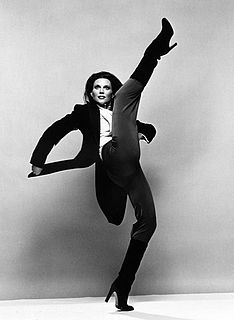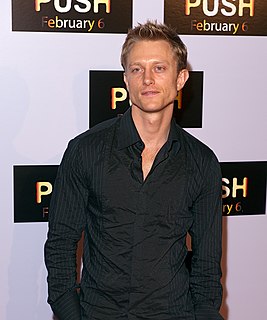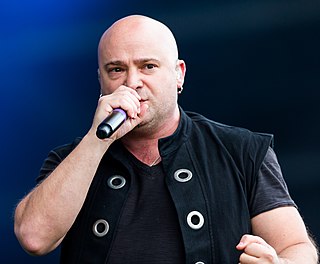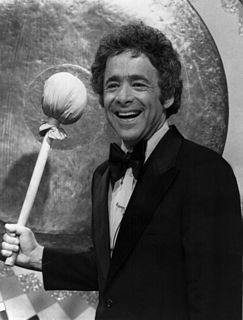A Quote by Zoe Kazan
In a way, you normalize your own childhood to yourself, so I never thought about how much I wrote as a kid. So I was there, confronted with it - so many notebooks, so many tiny plays. Every week we put on a play. We had a big futon, so my sister and I would use the futon as our stage, and I wrote little skits and made her faint because I found it so funny.
Related Quotes
And I thought about how many people have loved those songs. And how many people got through a lot of bad times because of those songs. And how many people enjoyed good times with those songs. And how much those songs really mean. I think it would be great to have written one of those songs. I bet if I wrote one of them, I would be very proud. I hope the people who wrote those songs are happy. I hope they feel it's enough. I really do because they've made me happy. And I'm only one person.
I didn't have the money to put myself through drama school, so I thought - naively - that if I wrote a play and put it on at the Edinburgh Fringe Festival, agents would see me and that would be my ticket to Hollywood. I wrote a musical; an acting coach saw it and put me on his course for free while I wrote for his company.
Lastly, she pictured to herself how this same little sister of hers would, in the after-time, be herself a grown woman; and how she would keep, through all her riper years, the simple and loving heart of her childhood: and how she would gather about her other little children, and make their eyes bright and eager with many a strange tale, perhaps even with the dream of Wonderland of long ago: and how she would feel with all their simple sorrows, and find a pleasure in all their simple joys, remembering her own child-life, and the happy summer days.
I went out and started on my way up in television. I wrote music, I wrote books, I played an instrument half-ass. I would always have liked to play in a band. I would always have liked to be a substantial writer, to write country music for big singers. I had all sorts of proclivities, but I never had any big success.
I wrote 'Lights' a long, long time ago. And I expected it to be on the album, because it was - I wrote it with 'Biff' Stannard. And he wrote every single Spice Girls song and every single pop song of the 90s, basically. So I thought, you know, I was really lucky to work with him, but I didn't think it would be a big song for some reason.
I wrote before I could write. I got my hands on a journal, maybe a hand-me-down; I had three older siblings. My first entries are in the handwriting of the sister closets in age (5 years my senior). She must have gotten tired of my dictations because she gave up and then my blocky scrawl shows up. I wrote plays as a kid mostly.
I wrote an episode for 'thirtysomething,' and a producer said, 'That's really good, but what is it about? What does it say about you? What questions are you asking yourself?' I had never thought about that. This comment changed who I was, because it made me look at my own soul, the dark corners in my soul, and accept that dark side.
Never lose yourself on the stage. Always act in your own person, as an artist. The moment you lose yourself on the stage marks the departure from truly living your part and the beginning of exaggerated false acting. Therefore, no matter how much you act, how many parts you take, you should never allow yourself any exception to the rule of using your own feelings. To break that rule is the equivalent of killing the person you are portraying, because you deprive him of a palpitating, living, human soul, which is the real source of life for a part.
Realize that sleeping on a futon when you're 30 is not the worst thing. You know what's worse, sleeping in a king bed next to a wife you're not really in love with but for some reason you married, and you got a couple kids, and you got a job you hate. You'll be laying there fantasizing about sleeping on a futon. There's no risk when you go after a dream. There's a tremendous amount to risk to playing it safe.
I found it was my good fortune to somehow be able to work in these forms that I loved when I was a kid. I love movies and I could write screenplays. I love theater and I could write plays. I mean, they would be my own, I could never write what was used to be called the well-made play. But my first play, "Little Murders," turned out to be a great success and a great influence on plays at that time.




































